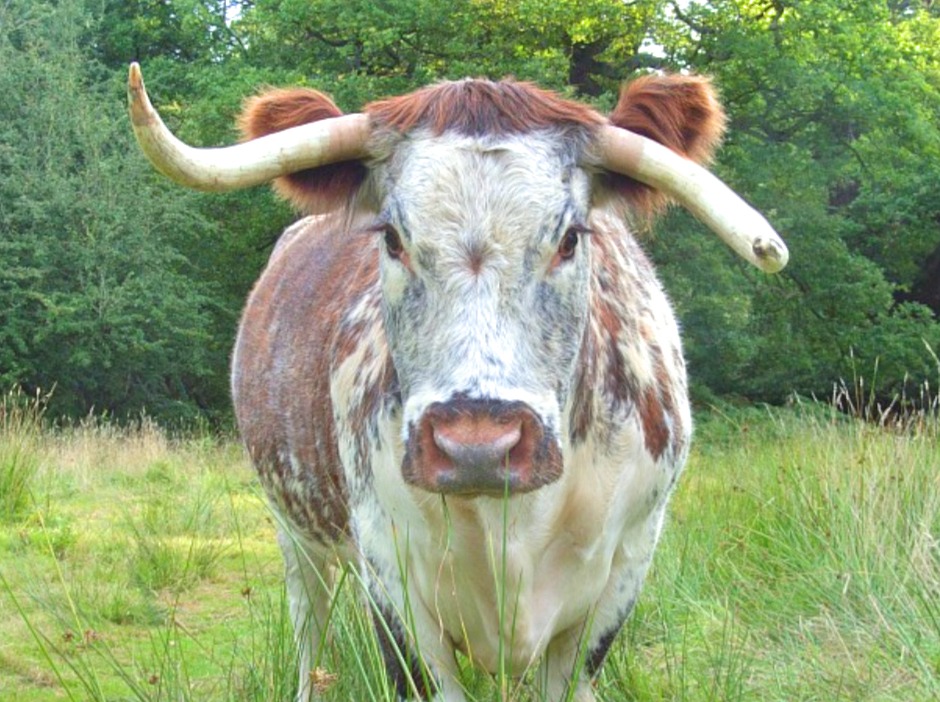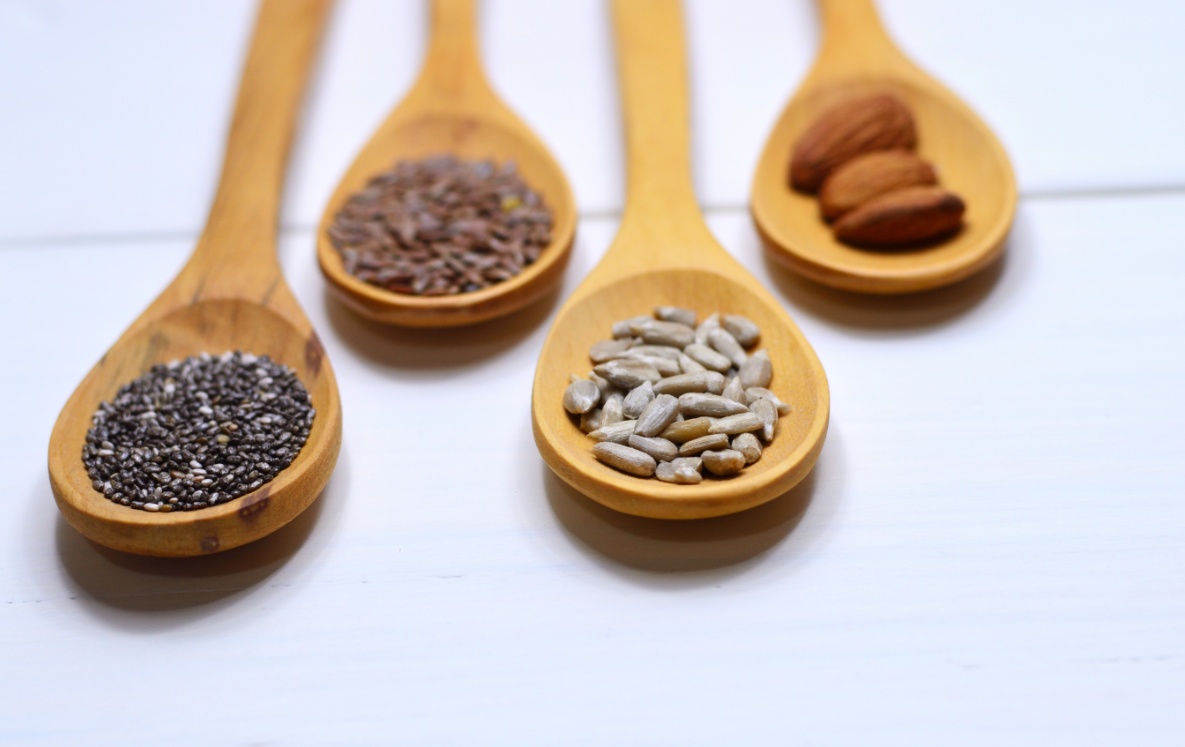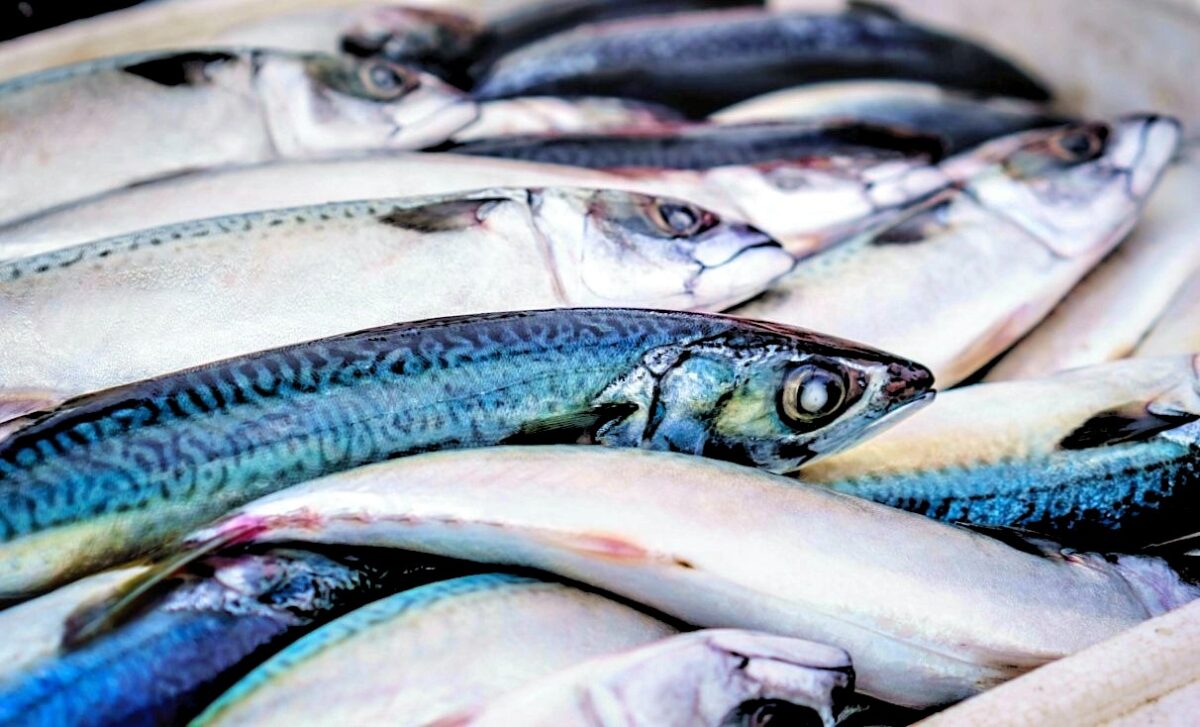I just read this rather intriguing article in the Guardian (August 28, 2018): If you want to save the world, veganism isn’t the answer by Isabella Tree. She runs Knepp Castle Estate with her husband, the conservationist Charlie Burrell, and is the author of Wilding: The Return of Nature to a British Farm.
Isabella’s argument is that veganism has become so popular that the demand can only be met by industrially grown soybeans, maize, grains, vegetables, and fruits. Most of these crops require high inputs of fertilizer, fungicides, pesticides, and herbicides. Veganism demonizes sustainable forms of livestock farming that can restore soils and biodiversity, and sequester carbon. Society should encourage sustainable forms of meat and dairy products based on traditional rotational systems, permanent pasture, and conservation grazing.
“A 2015 report from the UN Food and Agriculture Organization states that, globally, 25 to 40 billion tonnes of topsoil are lost annually to erosion, thanks mainly to plowing and intensive cropping. In the UK topsoil depletion is so severe that in 2014 the trade magazine Farmers Weekly announced we may have only 100 harvests left. Letting arable land lie fallow and returning it to grazed pasture for a period – as farmers used to before artificial fertilizers and mechanization made continuous cropping possible – is the only way to reverse that process, halt erosion and rebuild soil, according to the UN Food and Agriculture Organisation. The grazing livestock not only provide farmers with an income but the animals’ dung, urine and even the way they graze, accelerates soil restoration. The key is to be organic, and keep livestock numbers low to prevent over-grazing.” [The Guardian August 28, 2018]
Here you have it: A flexitarian diet low on meat consumption is the way to go! Eat less meat, but when you do buy quality!



